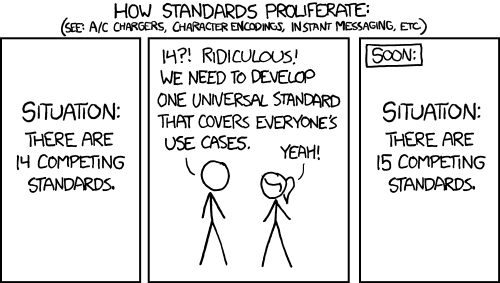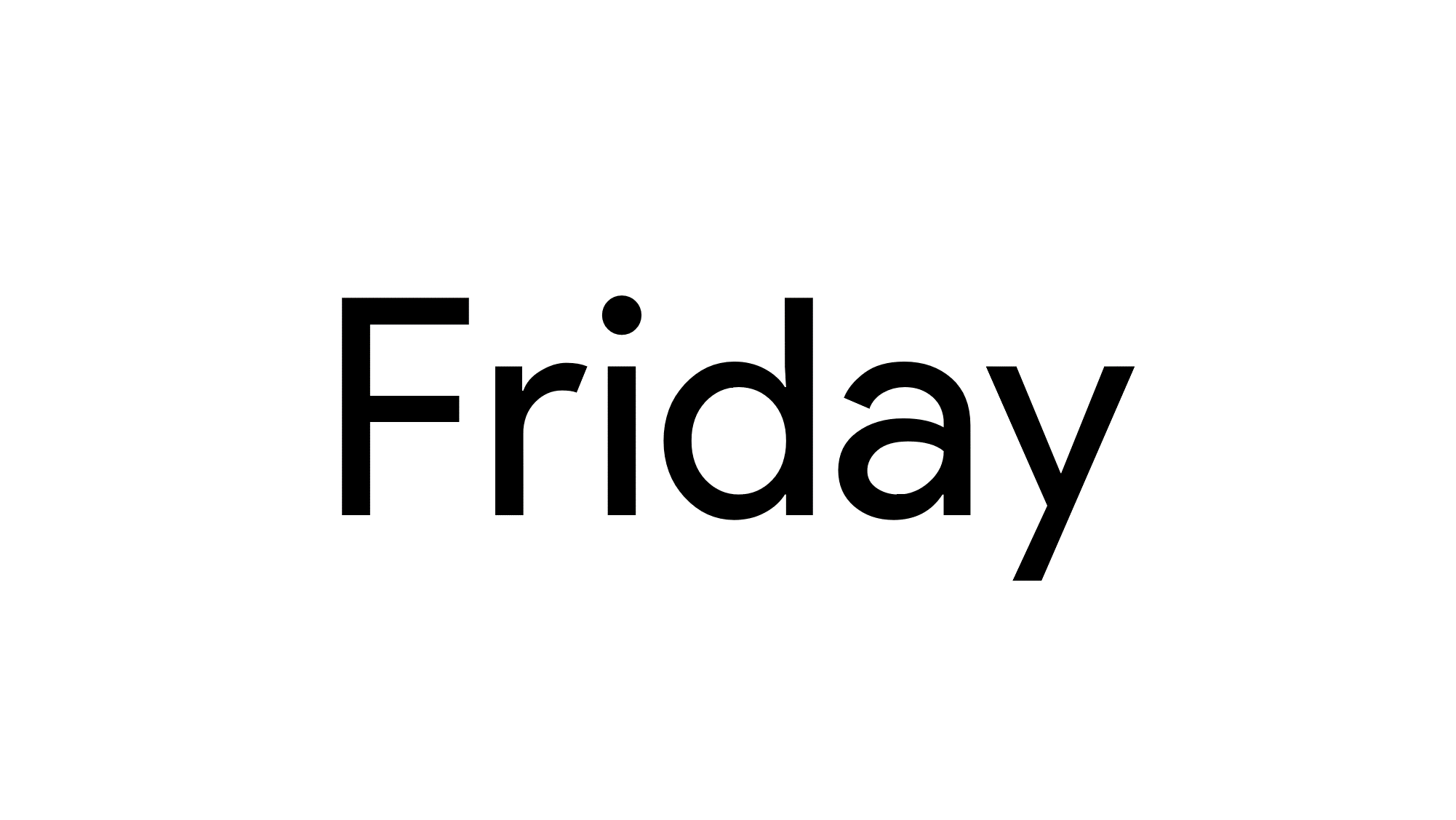The dream of the web is based on a set of basic underlying standards that dictate exactly how things work, think of them as the rules of the road, you drive on the left, you follow speed signs, you give way, you get the point. OF course, as is the nature of capitalism why would you use an open interoperable standard when you could develop your own proprietary one and try and make money off it, or you try and make a new standard that “everyone will follow”.

This is no more obvious when browsing the web. Thanks to the different engines used by various browsers, which include different implementations of web standards along with a little proprietary sauce, it’s not uncommon to find that your browser is not compatible with a web site. The other is also true, that web developers and browsers vendors have to spend a tonne of effort to make sure there websites/ browsers work on multiple engines.
Microsoft turned more than a few heads when they announced that they would be switching to Google’s chromium to power their new Edge browser going forward. Jump forward to today and a group of browser vendors and industry partners are banding together to improve web compatibility for all. Compat2021 includes the likes of Google and Microsoft along with other industry partners who are aiming to make the web more compatible.
While I support the goal, especially if it means it takes less work to keep websites functioning across the score of browsers, I am cognisant that the two big players are now both using CHromium, and it’s highly likely their attempts will focus around the technologies found in their products.
As always time will tell, will we finally have an easily interoperable web standard or just the 14th attempt to do that?




